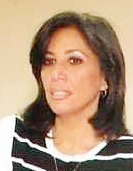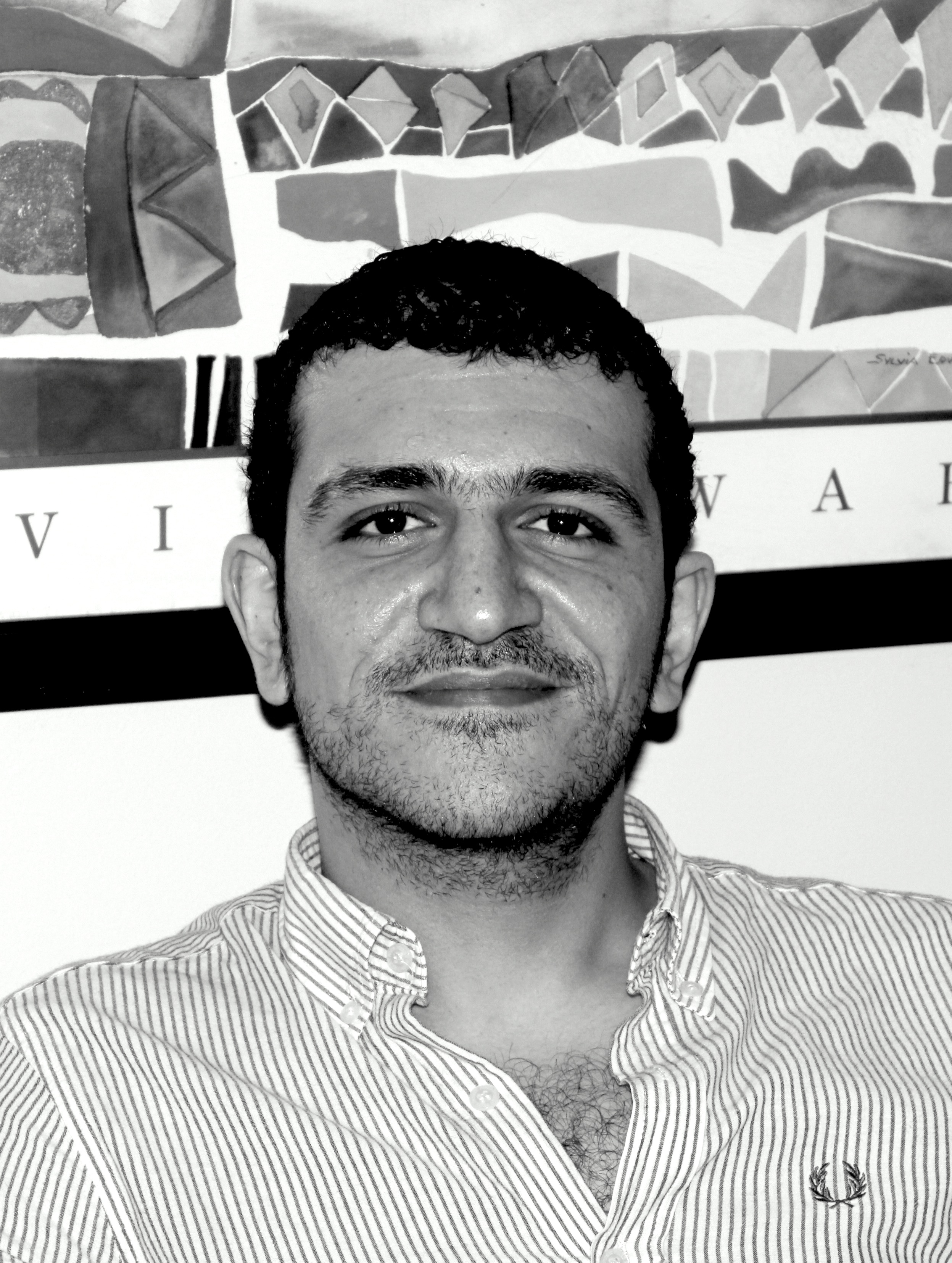 Nearly twenty months after last year’s mass uprising that toppled President Hosni Mubarak, Egypt’s women are again taking to the streets, demanding “bread, freedom and social justice,” the same demands made by pro-democracy activists protesting in Tahrir Square during the 25 January revolution.
Nearly twenty months after last year’s mass uprising that toppled President Hosni Mubarak, Egypt’s women are again taking to the streets, demanding “bread, freedom and social justice,” the same demands made by pro-democracy activists protesting in Tahrir Square during the 25 January revolution.
A women’s rally outside the Shura (Consultative) Council headquarters on Qasr Al-Eini Street (a short walk from Tahrir Square) on Tuesday evening brought traffic in the area to a standstill as drivers slowed down to read the placards raised by the women activists.
“No to female genital mutilation and no to child marriages,” read one poster. “A civil state not a theocracy,” the protesters chanted. “Down with the Constituent Assembly,” they cried.
“The panel tasked with drafting the new constitution does not represent us,” Mandoora Naguib, a protesting housewife and mother of two told me. “I am here protesting for my daughter. I want her to have the same rights as her brother,” she added.
The Constitutional Assembly has come under fire in recent weeks from progressive political forces, young revolutionaries and rights activists for not being representative of all segments of society. Of the 100 members on the panel, only six are women and more than 60 of the members belong to Islamic parties or groups. Critics insist that all minority groups should be well represented to guarantee a more democratic and egalitarian constitution, “a constitution for all Egyptians,” as the protesters were demanding.
“The Islamist-dominated assembly has retained article 2 which stipulates that the principles of Islamic law are the main source of all legislation. That is enough. Why then are they adding Article 36?” Leila Helmy, a professor at the Faculty of Medicinal Plants at Ain Shams University, asked the question, her face flushed with anger. She was carrying a sign that read “No to Article 36!”
Fears that women’s rights would be undermined by some articles in the constitution linking gender equality with Islamic jurisprudence have caused an outcry from rights campaigners and liberal Egyptians who had hoped that in the “new Egypt” women would become equal players in shaping their country’s future.
Article 36 has stirred a great deal of controversy, fuelling fears that Islamists are trying to impose their conservative values on society. The article stipulates that “the state is committed to take all legislative and executive measures to entrench the principle of the equality of men and women in the areas of political, cultural, economic and social life without prejudice — according to the provisions of Islamic law.”
“Linking gender equality with Shari’a is dangerous, as there can be several interpretations of Islamic Law. A conservative interpretation could drag us back to the dark ages,” Hania Azmy, another protester, argued. Like many of the women at the protest, she was not wearing a hijab, the traditional Islamic headscarf.
Despite their serious message, many of the women appeared in jovial spirits, clapping and singing about equality and freedom. Nehad Abou Komsan, chair of the Egyptian Center for Women’s Rights took a break from chanting to speak to reporters at the scene.
“Although it’s a small protest, it will have far-reaching effects. It is loud enough for members of the Constituent Assembly to hear as they hold their meetings inside,” she said pointing towards the Shura Council headquarters. She recalled that protests against Mubarak had started as small groups of Kifaya protesters but had eventually grown into an all people’s movement.
“Women are afraid of losing the rights they have gained in the last decade. We want to build on the progress made rather than lose the rights we earned through our struggle,” said Nashwa Kadry, a housewife and grandmother. She too said she had joined the protest for, “a better future for my daughter and granddaughter.”
Kadry said many Egyptians had sacrificed their lives for “freedom and equality” in the 25 January revolution. “We owe it to the martyrs to continue the struggle.”
“Mary and Fatma are equal; they are both citizens,” she cried in clear reference to equality between Muslims and Egypt’s minority Christians. A veiled young protester corrected her, shouting, “Ahmed and Fatma are equal; they are both citizens.”
Some protesters seized the opportunity to take a jab at Islamists, chanting against the Muslim Brotherhood and the ultra-conservative Salafis. “No to the beard and galabiya,” they cried. Other protesters however refused to follow their chants and asked them to stick to the main demands.
“We are gathered here to protest the constitution not Islamist rule,” said Shahira Fahmy, a business woman. “The Islamist president should be given a fair chance,” she added.
Many of the protesters meanwhile said they would keep protesting until their demands for equality and freedom were met. As I walked away from the protest, a few women shouted out behind me,”we are protesting again on Thursday outside the Ittihadeya Presidential Palace. Make sure you join us. We need the support of the media.”


